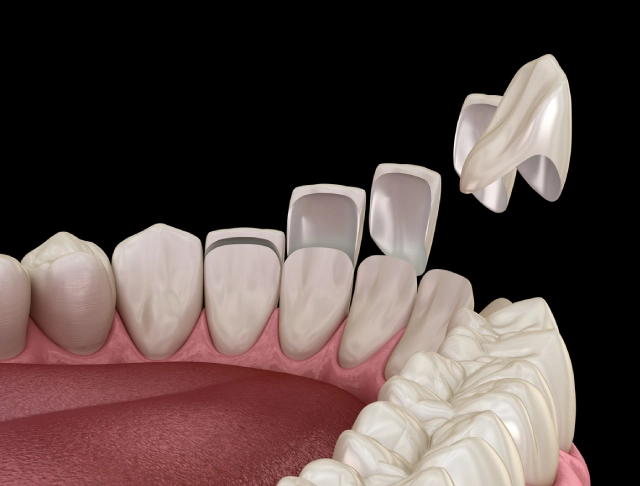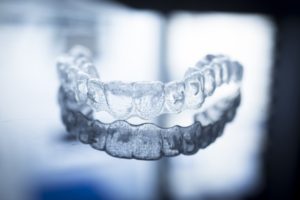It's important to note that removable veneers have limitations. They may not be as durable or natural-looking as their permanent counterparts. Additionally, they may require regular cleaning and maintenance to prevent discoloration or damage.
The lifespan of veneers depends on various factors, including the material used, oral hygiene practices, and lifestyle choices. On average, porcelain veneers can last between 10 to 15 years, while composite resin veneers may have a shorter lifespan of 5 to 7 years.
Maintaining good oral hygiene, regular dental check-ups, and avoiding habits like teeth grinding or biting on hard objects can contribute to the longevity of veneers. It's crucial for individuals with veneers to follow their dentist's recommendations for care and maintenance.
1.Maintain Good oral Hygiene:Regular brushing and flossing are crucial for the longevity of veneers. Use a non-abrasive toothpaste and a soft-bristled toothbrush to avoid damaging the veneer surface. Flossing helps prevent plaque buildup around the edges of the veneers.
2.Attend Regular Regular Check-Ups:Schedule routine dental check-ups to allow your dentist to monitor the condition of your veneers. Professional cleanings and examinations can catch potential issues early, ensuring timely intervention and maintenance.
3.Avoid Teeth-Staining Substances:Veneers, especially those made of porcelain, are resistant to stains, but it's still advisable to minimize consumption of teeth-staining substances. Limit your intake of coffee, red wine, and tobacco to maintain the aesthetic appeal of your veneers.
4.Address Teeth grinding Or Clenching:If you notice signs of teeth grinding or clenching, such as jaw pain or headaches, consult your dentist. They may recommend strategies to address this habit, such as stress management techniques or the use of a dental appliance.
5.Protect Your Veneers During Physical Activities:If you participate in contact sports or activities with a risk of impact, consider wearing a mouthguard. This precautionary measure can prevent accidental damage to your veneers and protect your overall oral health.






